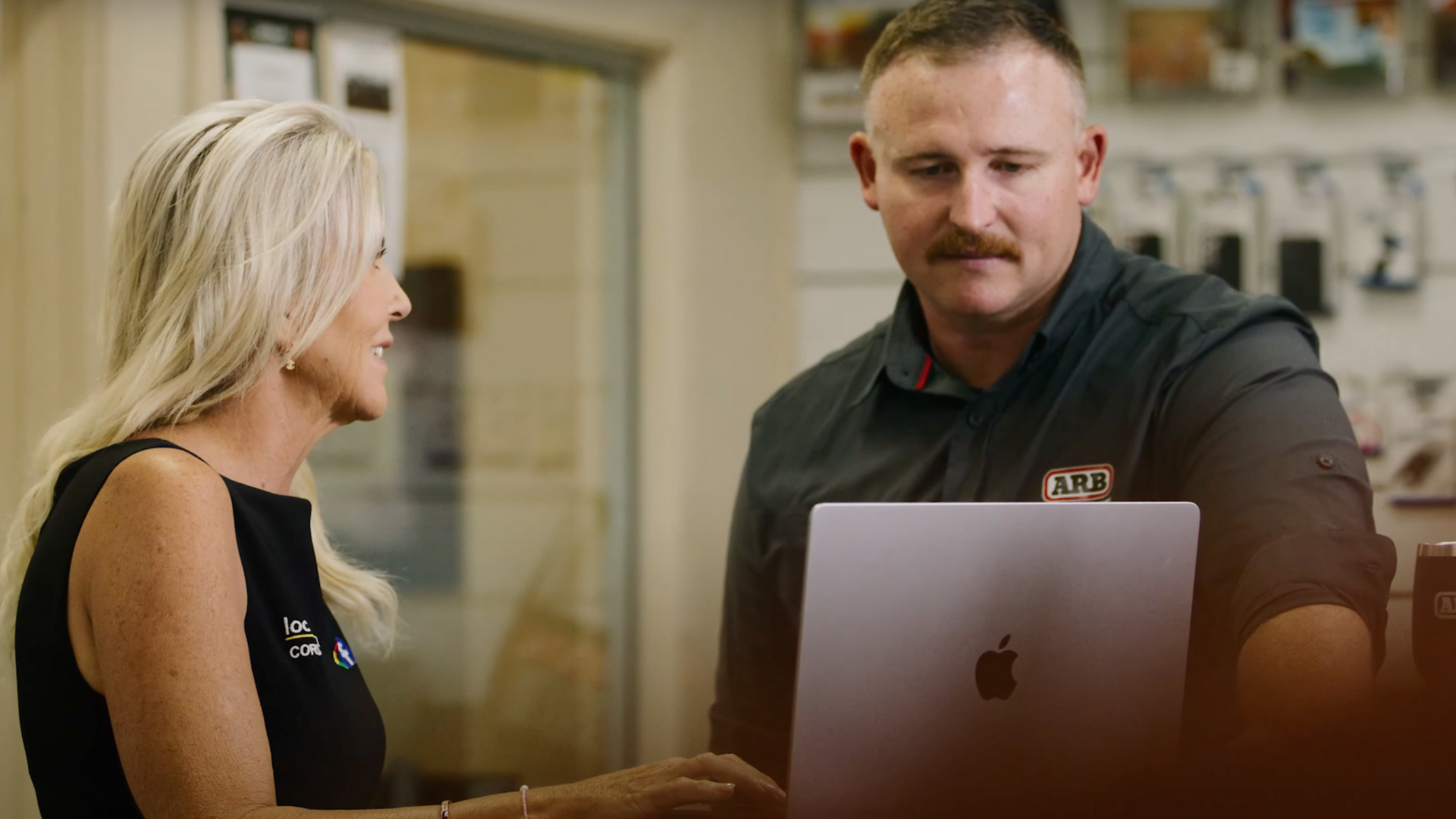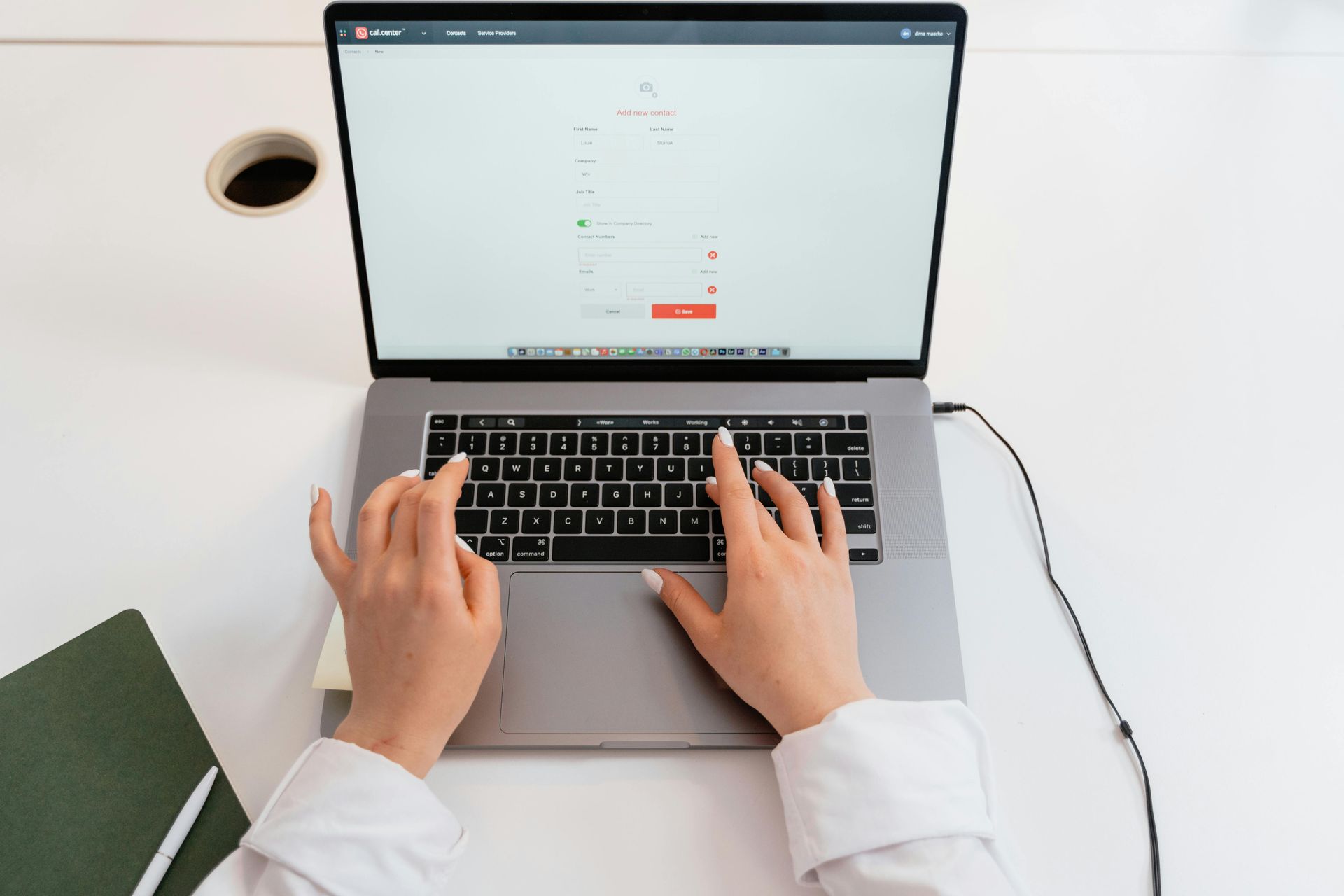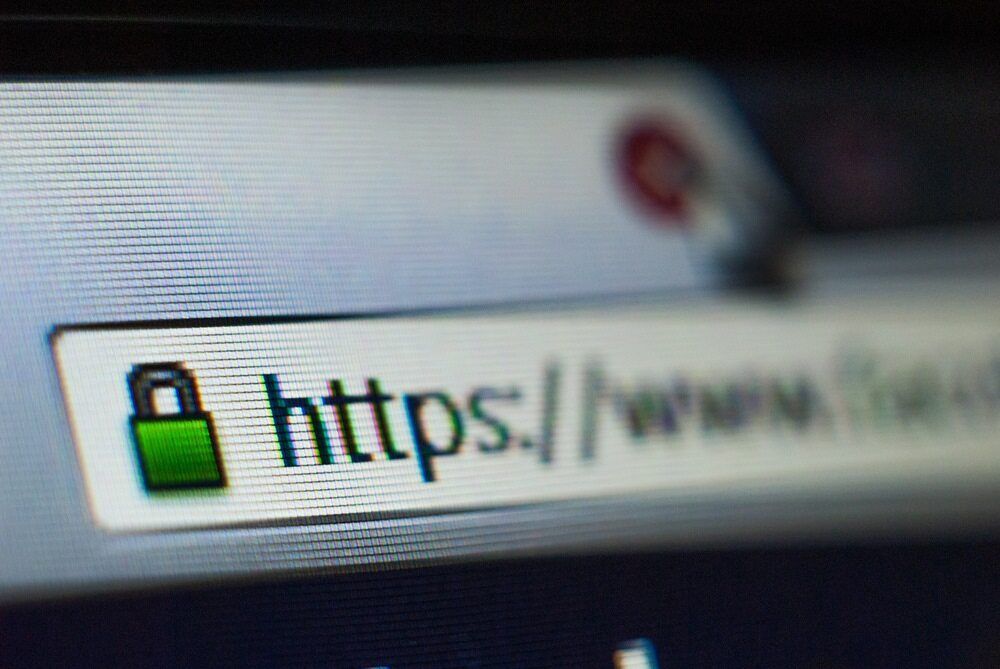Business. Insight. Growth.

By Katrina Stapleton
•
February 28, 2025
Google is tightening control over its search data, making it clear that businesses must stay within its ecosystem to remain visible . For small businesses, this means one thing — being ‘Google Ready’ is now more critical than ever . Recently, Google made a bold move by restricting search scraping tools that don’t enable JavaScript. This shook up the SEO industry, but more importantly, it revealed a bigger strategy — Google is locking down its data to stay ahead in the AI race. Think of it like a restaurant with a secret recipe: Google isn’t going to let competitors walk into the kitchen and take notes. Instead, it’s making sure its ingredients — search data, Google Maps insights, and business profiles — stay exclusive to its own AI models . For local businesses, this reinforces the need to stay active within Google’s ecosystem and build a presence across Google-trusted platforms to remain visible. This ensures your business continues attracting leads. If Google is the main road customers use to find businesses, you need to make sure you’re on the map.
Featured Blogs

By Katrina Stapleton
•
February 28, 2025
Google is tightening control over its search data, making it clear that businesses must stay within its ecosystem to remain visible . For small businesses, this means one thing — being ‘Google Ready’ is now more critical than ever . Recently, Google made a bold move by restricting search scraping tools that don’t enable JavaScript. This shook up the SEO industry, but more importantly, it revealed a bigger strategy — Google is locking down its data to stay ahead in the AI race. Think of it like a restaurant with a secret recipe: Google isn’t going to let competitors walk into the kitchen and take notes. Instead, it’s making sure its ingredients — search data, Google Maps insights, and business profiles — stay exclusive to its own AI models . For local businesses, this reinforces the need to stay active within Google’s ecosystem and build a presence across Google-trusted platforms to remain visible. This ensures your business continues attracting leads. If Google is the main road customers use to find businesses, you need to make sure you’re on the map.

By Sarah Russo
•
February 19, 2025
What are the top benefits of using a Facebook business page? Multiple ways to easily engage with customers. Maximise your online reach with boosted posts. Gather online reviews. Increase the traffic to your website. Use Facebook’s insights to find your ideal customer.
Blog

By Sarah Russo
•
February 19, 2025
What are the top benefits of using a Facebook business page? Multiple ways to easily engage with customers. Maximise your online reach with boosted posts. Gather online reviews. Increase the traffic to your website. Use Facebook’s insights to find your ideal customer.

By Sarah Russo
•
February 18, 2025
According to a report by Deloitte Access Economics, requested by Free TV Australia, more than 97% of Australians have access to commercial television . The industry itself injects billions of dollars into the economy every year, supporting roughly 16,300 full-time equivalent jobs, both directly and indirectly. Studies also revealed viewership of free to air TV increases dramatically. For example, TV audiences were 23% higher during the 2019–2020 bushfires. Businesses have a real opportunity to take advantage of a large audience, but how much does it cost to put an ad on TV in Australia? In this article, you’ll find: How much it costs to advertise in Australia. How to get started in running a TV ad in 2021. The top-viewed programs in 2019. And more.

By Sarah Russo
•
February 17, 2025
Direct marketing laws apply to commercial use of: SMS & MMS Email Instant messaging Direct SMS marketing is highly effective for small businesses. It allows you to send messages instantly to large groups of customers with offers, notifications and support very affordably. Anything from booking reminders and courtesy messages to coupon offers are considered SMS marketing. The average direct SMS campaign receives a 90 to 98% open rate with most being read in the first 5 seconds. Before you get excited and jump into it, you need to understand the SMS marketing laws in Australia and how they can impact your marketing efforts. Direct marketing (including SMS and email campaigns) must comply with the Spam Act 2003 . This document is pretty hefty, and while we advise you read through it, we’ve taken some of the key points you need to know about SMS marketing laws in Australia. Of course, if you follow the rules and use a reputable SMS tool, you and your business with be a-okay. To start, you need to have consent to direct message people.
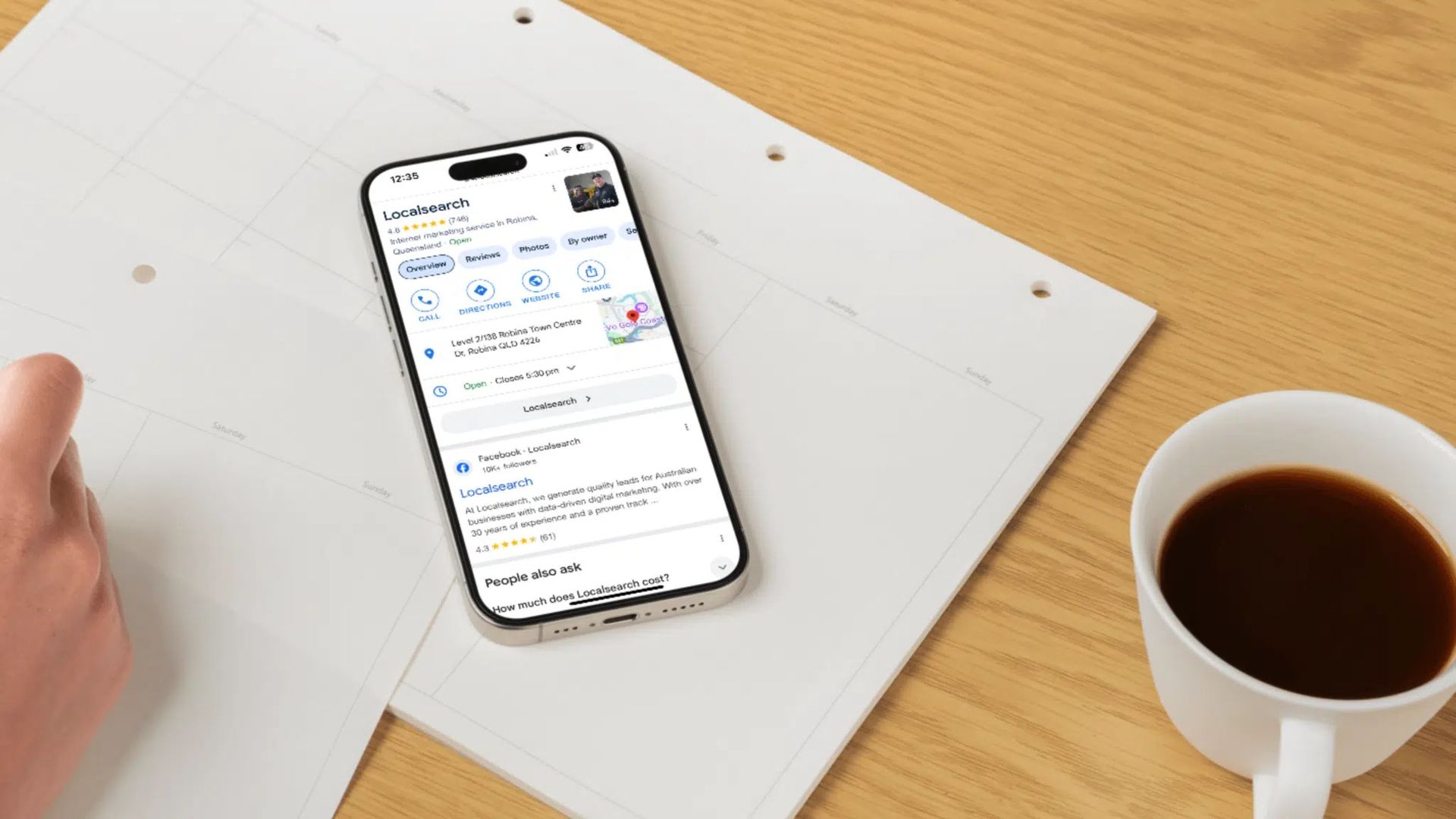
By Sonya Millan
•
February 10, 2025
We are excited to announce an update to our Google Business Profile optimisation service that will save small business owners valuable time while keeping their online reputation polished. We’ll take the hassle out of managing your Google reviews by providing review response services—all at no extra cost!
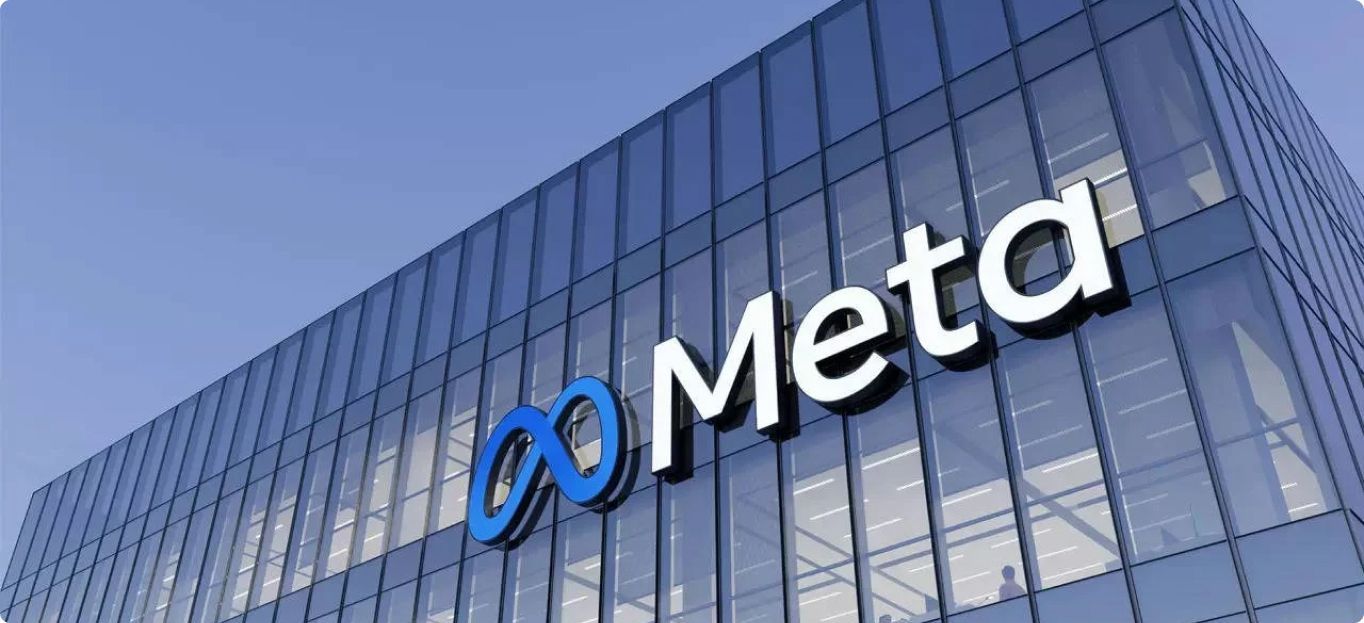
January 22, 2025
A small business owner recently alerted our team of a new scam going around on Facebook. In this guide, we discuss how to identify scams on social media and the best ways to safeguard your accounts. Scammers will go to all sorts of lengths to trick people into giving away money or sensitive information. In 2022, Australians lost more money to scams than ever before with over 3 billion dollars being stolen. On social media, scammers often create fake accounts pretending to be someone they are not or compromise existing accounts to deceive you. As these scams are becoming more sophisticated, it’s becoming harder to tell whether they are real or not. In this blog, we discuss how to spot a scam on Facebook along with the best ways to keep your account safe.

By sonya.millan
•
July 12, 2024
Stay informed on important changes for the new financial year in Australia. From energy bill relief and wage increases to tax cuts and superannuation adjustments, will impact businesses nationwide. Learn how these changes can provide savings and require careful planning for financial stability.

By sonya.millan
•
June 13, 2024
Google’s new AI Overviews , formerly known as Search Generative Experience (SGE), is set to transform user interactions with online information, necessitating businesses to adjust their digital strategies accordingly. Although AI Overviews may not be available in Australia yet, it’s essential for businesses to prepare for its potential introduction into the Australian market, given Google’s ongoing global expansion of features.

May 30, 2024
As the end of the financial year (EOFY) approaches, small businesses in Australia are gearing up for one of the busiest times of the year. It’s a period filled with opportunities and challenges, from managing taxes to planning for the future. Here are some essential tips to help small businesses navigate this crucial period effectively.
Discover how our digital marketing solutions have positively impacted businesses across Australia
Our digital marketing generates leads for your local business
Company
Resources
What We Do
Digital Presence
Join our newsletter
Thank you for contacting us.
We will get back to you as soon as possible.
We will get back to you as soon as possible.
Oops, there was an error sending your message.
Please try again later.
Please try again later.
Copyright © 1993 - 2024. Localsearch Operations Pty Ltd.
